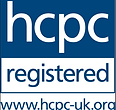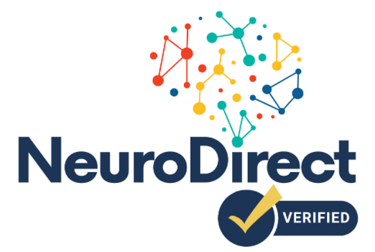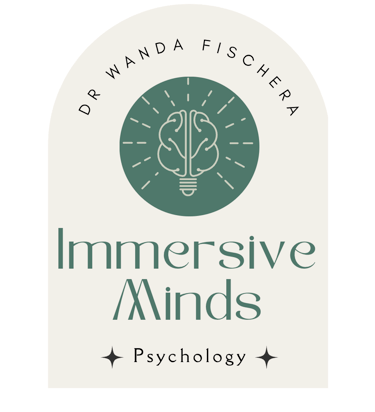About therapy for ADHD and Maladaptive Daydreaming
Research indicates a notable overlap between Attention/Deficit Hyperactivity Disorder (ADHD) and maladaptive daydreaming (MD), though they are distinct. MD involves excessive, vivid, and immersive daydreams that can disrupt daily functioning, while ADHD is a neurodevelopmental condition affecting attention and impulse control.
Studies suggest that individuals with ADHD, particularly with the inattentive subtype, are more prone to MD. Both conditions share symptoms like difficulty concentrating, being easily distracted, and experiencing sleep disturbances.
However, MD is characterised by intentional and compulsive daydreaming, often with complex narratives, unlike the unintentional mind-wandering in ADHD. Some research proposes that MD may sometimes better explain symptoms resembling ADHD, suggesting a need for careful differentiation in diagnosis.
Recognising the distinction and the impact of an overlap are crucial for appropriate psychological support, as interventions effective for ADHD may not address MD, and vice versa.
Adjustments to individualised neurodevelopmental needs


As part of my commitment to making therapy affordable and accessible for neurodivergent individuals (ADHD, Autism, and Dyslexia), I can offer the following additional services at no extra cost:
Post-Session Summaries: Receive concise summaries of each session via email.
Clinical Letters: Receive a clinical letters for employers, GPs, and health services.
Psychoeducational Materials: Receive tailored presentations and resources with psychoeducational content.
Free Webinars and Seminars: Attend future online webinars and seminars on ADHD and related conditions that I deliver (even after therapy, if you wish).
Inclusive Family Sessions: Include family members in sessions at no extra cost (typically £30 for couple and family sessions).
Detailed Session Planning: Receive a detailed plan with session times and calendar invites.
Consistent Appointment Times: Enjoy the convenience of consistent appointment times to enable you to keep track of these.
Resource Recommendations: Receive advice for helpful apps, websites, and tools for organisation and tracking.
Shared Online Document: We can collaborate on an online document to track progress, goals, and resources.
Post-Therapy Support: Receive personalised adjustment recommendations for future therapy and healthcare appointments in your end of therapy letter.
Community Guidance: I can help you to be connected with neurodivergent communities, websites, and recommended reading materials.
Support
Dr Wanda Fischera is offering personalised online therapy for individuals and groups. Registered with HCPC.
Connect & receive updates on services and free resources
© 2024. All rights reserved. By Dr Wanda Fischera
I respect your privacy and I will not pass on your details to third parties.




